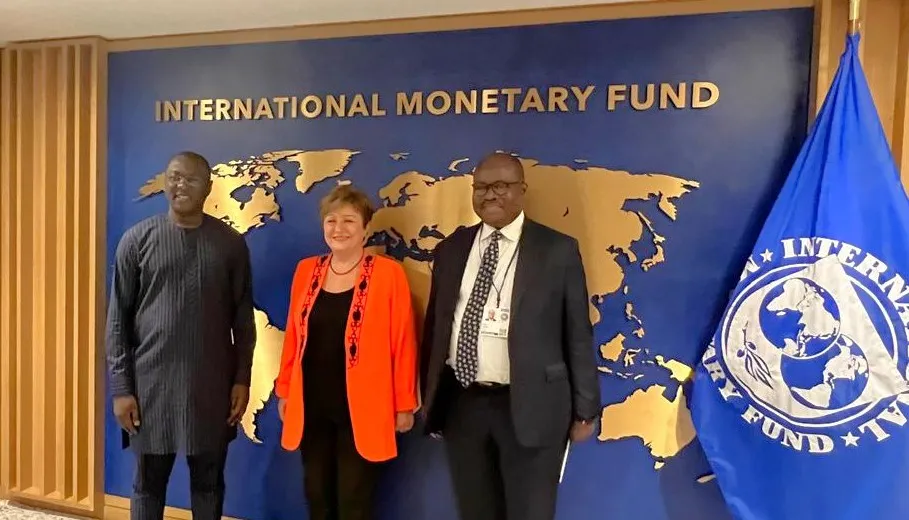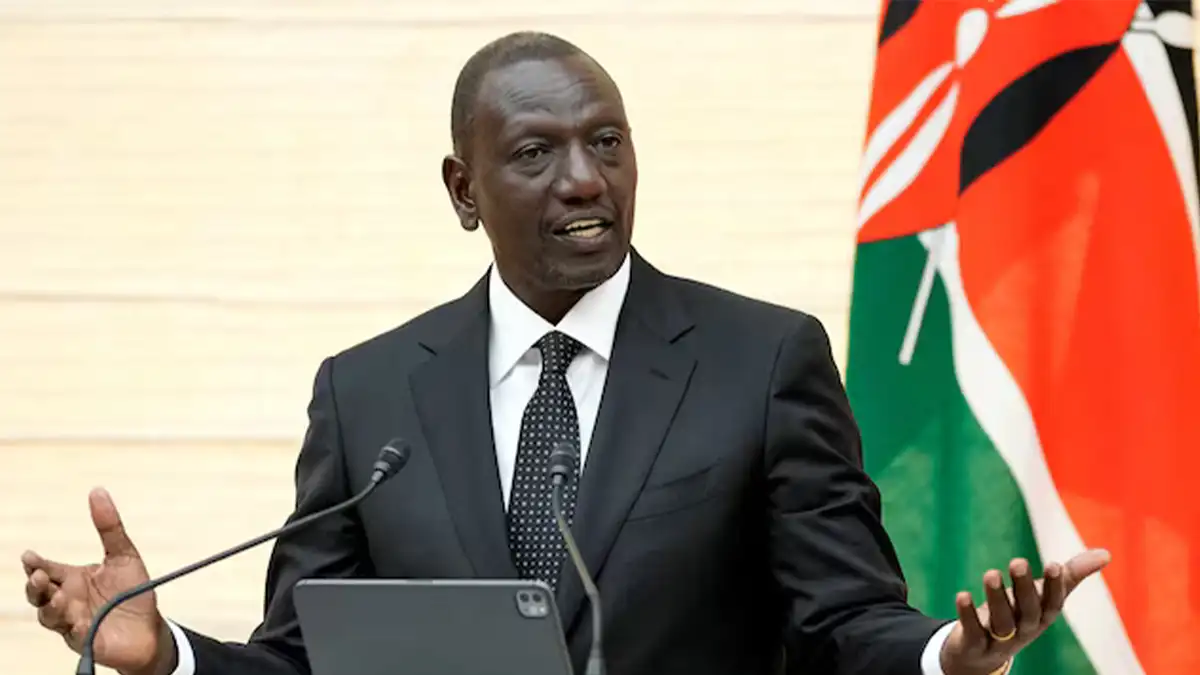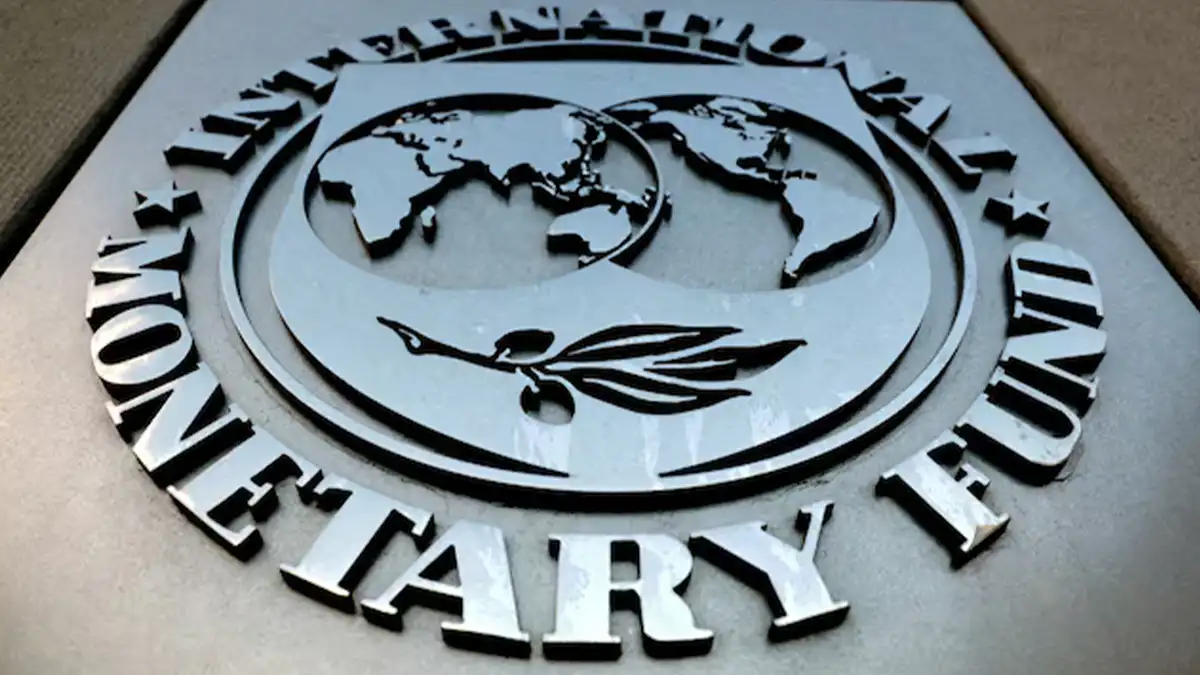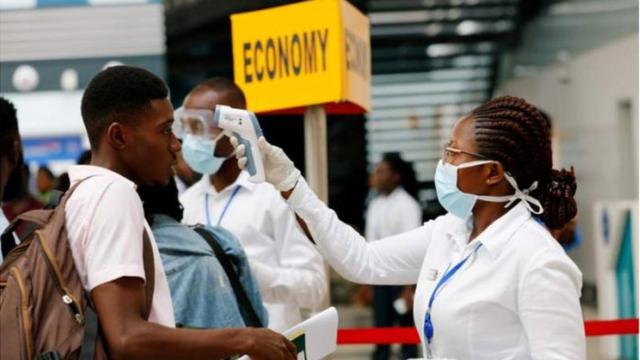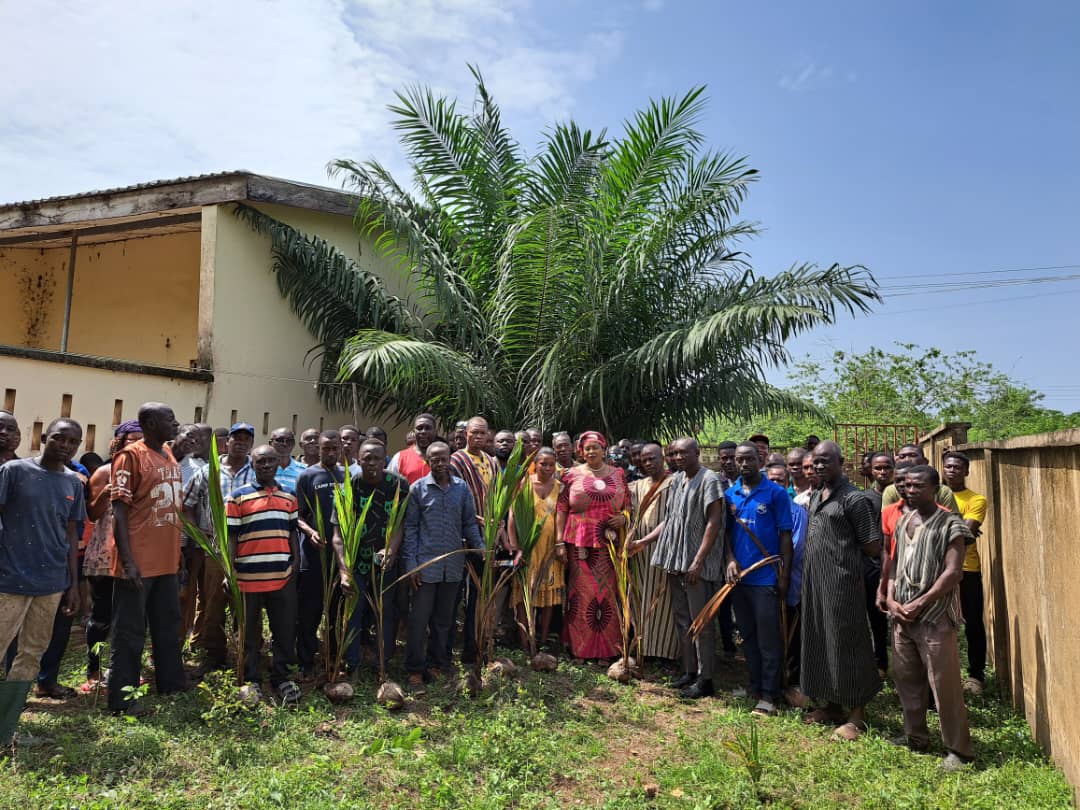The Ghanaian cedi, the world's second-worst performing currency this year, maybe in for more trouble after the government missed a self-imposed deadline to restructure its bilateral debt and qualify for foreign aid.
Finance Minister Ken Ofori-Atta sought a restructuring agreement with bilateral creditors by February's end to meet requirements for a $3 billion IMF program.
However, Ghana has only partially completed the domestic-debt portion of the exchange program.
The country's public debt, estimated at ¢576 billion ($45 billion) in November 2022, is at the centre of the government's efforts to contend with trade unions and international bondholders.
Kweku Arkoh-Koomson, an economist at Databank Group, explained that Ghana's currency will continue to be unstable until significant progress is made on the external debt restructuring front. “For the foreseeable future, the cedi will continue to be volatile until we are able to make substantial progress on the external debt restructuring front,”.
The cedi's value has decreased by 21% against the dollar this year, making it the worst performer among more than 100 currencies tracked by Bloomberg, after the Lebanese pound.
However, the missed deadline does not necessarily halt the ongoing talks.
“Uncertainty on when the rest of the restructuring will be completed” is influencing cedi volatility” according to Courage Boti, an economist at Accra-based GCB Capital Ltd.
To complete the domestic exchange, Ghana will have to restructure its obligations to local pension funds, a move that has been met with criticism from trade unions.
To date, local investors have exchanged ¢87.8 billion, or 67.5% of bonds under restructuring, for new securities, against an overall target of 80%.
Meanwhile, the government aims to initiate “substantive” discussions with international bondholders and their advisers in the coming weeks.
Ofori-Atta offered eurobond holders some losses while looking to reschedule payments on bilateral obligations.
Ghana is attempting to restructure the majority of its public debt, and it is asking external creditors to write off as much as 50% of the debt it owes them, a figure that is significantly higher than the 30% initially proposed by the government, according to S&P Global Ratings.

